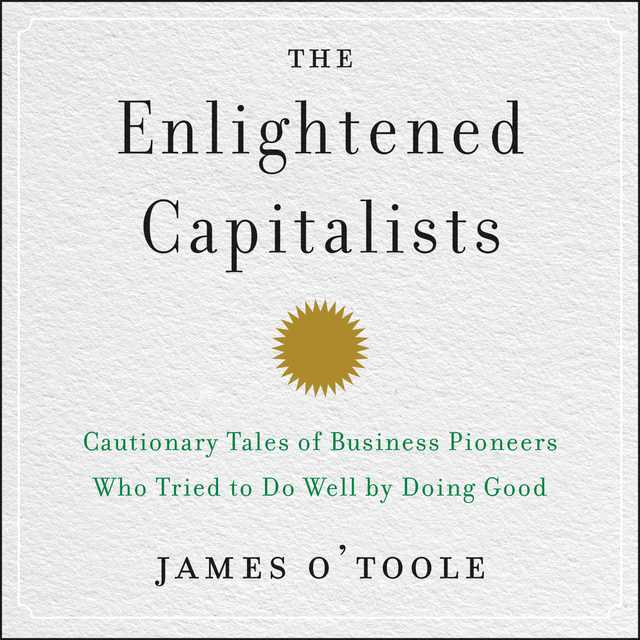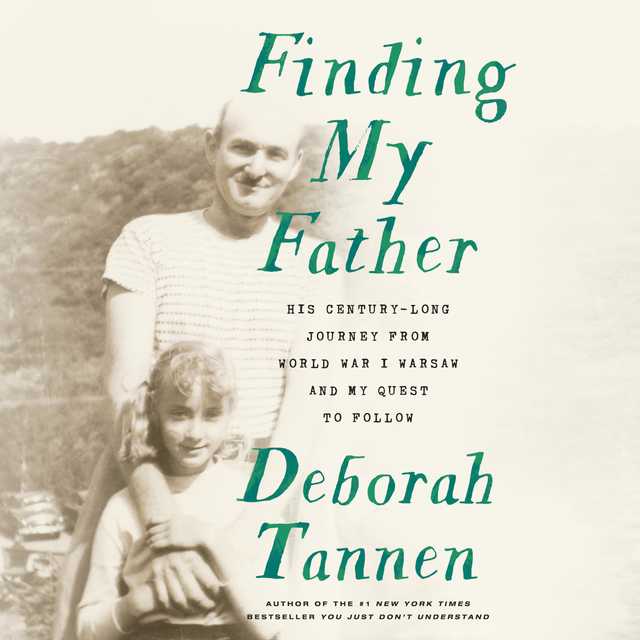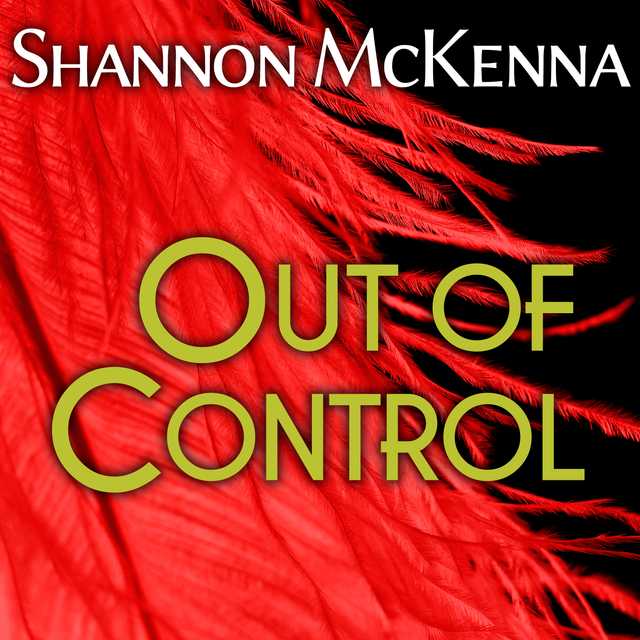The Enlightened Capitalists Audiobook Summary
An expert on ethical leadership analyzes the complicated history of business people who tried to marry the pursuit of profits with virtuous organizational practices–from British industrialist Robert Owen to American retailer John Cash Penney and jeans maker Levi Strauss to such modern-day entrepreneurs Anita Roddick and Tom Chappell.
Today’s business leaders are increasingly pressured by citizens, consumers, and government officials to address urgent social and environmental issues. Although some corporate executives remain deaf to such calls, over the last two centuries, a handful of business leaders in America and Britain have attempted to create business organizations that were both profitable and socially responsible.
In The Enlightened Capitalists, James O’Toole tells the largely forgotten stories of men and women who adopted forward-thinking business practices designed to serve the needs of their employees, customers, communities, and the natural environment. They wanted to prove that executives didn’t have to make trade-offs between profit and virtue.
Combining a wealth of research and vivid storytelling, O’Toole brings life to historical figures like William Lever, the inventor of bar soap who created the most profitable company in Britain and used his money to greatly improve the lives of his workers and their families. Eventually, he lost control of the company to creditors who promptly terminated the enlightened practices he had initiated–the fate of many idealistic capitalists.
As a new generation attempts to address social problems through enlightened organizational leadership, O’Toole explores a major question being posed today in Britain and America: Are virtuous corporate practices compatible with shareholder capitalism?
Other Top Audiobooks
The Enlightened Capitalists Audiobook Narrator
David Marantz is the narrator of The Enlightened Capitalists audiobook that was written by James O’Toole
James O’Toole is the author of seventeen books, including Work in America and Vanguard Management. Professor Emeritus at the University of Southern California’s Marshall School of Business, and Founding Director of the Neely Center for Ethical Leadership. While at USC, he held the University Associates’ Chair of Management, served as Executive Director of the Leadership Institute, and editor of New Management magazine.
About the Author(s) of The Enlightened Capitalists
James O’Toole is the author of The Enlightened Capitalists
More From the Same
- Author : James O’Toole
- Leading Change
- The New American Workplace
- Publisher : HarperAudio
- Abraham
- American Gods [TV Tie-In]
- Dead Ringer
- House of Sand and Fog
- Prey
The Enlightened Capitalists Full Details
| Narrator | David Marantz |
| Length | 19 hours 4 minutes |
| Author | James O’Toole |
| Category | |
| Publisher | HarperAudio |
| Release date | February 26, 2019 |
| ISBN | 9780062896582 |
Subjects
The publisher of the The Enlightened Capitalists is HarperAudio. includes the following subjects: The BISAC Subject Code is Business & Economics, Development, Sustainable Development
Additional info
The publisher of the The Enlightened Capitalists is HarperAudio. The imprint is HarperAudio. It is supplied by HarperAudio. The ISBN-13 is 9780062896582.
Global Availability
This book is only available in the United States.
Goodreads Reviews
D.L.
December 30, 2021
Is it possible for a business to make money without exploiting workers, polluting the environment, dodging taxes (and other social responsibilities), or swindling customers? Well, sure. Probably, anyway. At least for a while, under certain conditions. But it's not as easy as one might think. And those that try often fail. In this book, a business professor at the University of Southern California profiles some 'enlightened' business leaders who have tried, and he explains why so few large corporations have been able to adhere to the enlightened principles of their well-meaning founders.I'll try to summarize a few key points that I took away from this below.*SPOILER ALERT* It all comes down to money. Every now and then, someone with high ideals will start a business that respects all its stakeholders: owners, workers, customers, the local community, the environment, humanity in general.... It acknowledges its impact on them and its responsibilities to them. That's an 'enlightened' way of looking at business. But there is another way, a Wall Street way. Many people in the business profession seem to believe that the primary business of any business is to make money. In their eyes, a business has a fiduciary responsibility to maximize profits for its owners/investors. And that's pretty much its only responsibility. Everything else, such as making better products, providing good service, creating jobs, responsibly discarding industrial waste..., aren't necessary. A business still might do such things, as long as they don't lower profits, but it isn't obligated to. If it can get away with making cheaper products, charging its customers more, cutting its workforce, working them harder, paying its remaining employees less, discarding its trash in the local duck pond, and then selling the dead ducks as a secondary product line, then that's what it should do. That's good business. Profit comes before all else.So, when in the course of events and the passage of time, control of a business passes from its original enlightened founders and into the hands of investors, priorities change. The business that had once been someone's life's work, possibly with a goal of making at least one small corner of the world a better place, comes under the control of people who view it as little more than another profit generator. With little or no personal stake in the business, it's employees, or the surrounding community, the investors demand higher profits. New managers are brought in, managers who share the 'normal' business school outlook. With a keen eye and the ethical principles of loan sharks, they review the practices of the newly acquired business and discard those that don't add to the next quarter's profits. If the business still can't generate the level of profits needed, they have no qualms about dismembering it and selling the parts.The author doesn't really provide any solutions to this state of affairs. Sadly, it seems to be an unavoidable consequence of free market capitalism. He is writing, as the subtitle states, a collection of cautionary tales to warn current and future entrepreneurs of what to expect if they seek to go public by selling stock to investors. He's warning them that they have to decide if the 'soul' of their company matters more than the money they can get from selling it.
Daniel
April 18, 2019
The title says it all: The enlightened capitalists (who cared about the workers’ pay and living condition, environment, suppliers and customers well) tried to do well by doing good, but then they eventually failed. That happens even when they were able to follow the Golden Rule and make good profits and revive their town and workers are happy and suppliers and customers are fairly treated! Why?The reasons:1. They eventually sold to a big public corporation that behaves normally, that is, their main mission is to maximise profits for shareholders2. They went public themselves and were under activist shareholder pressure to maximise profits 3. The founder retired or died and the next generation leader did away with all the good practises4. It is just genuinely hard to be good5. The public does not really care whether a company is socially responsible or not6. It is generally felt that if corporate leaders want to do good, they should found a non-profit instead. 7. Their success exposed the other leaders, economists, media, and they ostracised the founders, or picked bones about their practices. So according to O’Toole these businesses cannot change the overall climate of most companies. Yet business practices had indeed improved by leaps and bounds! Just a century ago workers worked in terrible conditions, child labour was rampant, and there were no environment standards. Now things are much better, with worker compensation etc. So I think he is too pessimistic. The other thing is too many examples were given, making this book too long and soon I could not tell the leaders apart. So a 4 star book.
Michael
March 10, 2020
I actually went into this book expecting him to be more negative about Enlightened Capitalism, but he's strangely positive. I do wish that he spent more time on B-Corps and Social Entrepreneurship. I also wish there was more about alternative theories of the role of corporations, corporate entrepreneurship, gig economy, etc
Go2therock
July 06, 2020
It took me a while to finish this book - for which I take full responsibility. The tardiness was completely my fault, not that of the literature. What a timely read. It would be wonderful if this inspiring work were put into the hands of business leaders all over our country. The author had high hopes that socially conscious ideals would be worked into our capitalist economic system back in the 70's and 80's, but our traditional practices took strong rein once more. The expectations that businesses exists solely to make a profit and create handsome returns for their shareholders and investors is taken as law, which it is not. In our current climate, I see a priming of opportunity for employers to creatively enact changes that focus on transforming their business models. The prioritization of much wider considerations for the lives of employee and customer, and vise-versa, could alter our society for the good of all. The Enlightened Capitalists contains a collection of stories of business leaders whose motivation sprang from various impetus, humanist to Christian, to improve upon society as they created valuable products and services. While the financial gain of profit was never abandoned (excepting one company), the goals of improving the world AND their community was built into each foundation. Just as good were the later summary paragraphs that reviewed the lessons and examples as well as looked forward to what we might be able to still hope for and accomplish. There is so much opportunity if we cared enough to dare it.As we look around for bright ideas and suggestions for how to make our world a better place, the lives and lessons of these brilliant hearts and minds stand as brave testimony of the worthiness of the goal and the sacrifices necessary for the undertaking. Now, as then, you will be forging a contrary path - but it is the right one.
Harry
November 11, 2019
I spent my career at one of the companies described in the book (SAIC). The description of the company, its extraordinary success, the employee ownership approach instituted by Bob Beyster (founder, CEO, president, inspirational force) are all accurate. The section in the book on Lincoln Electric does, in fact, sound a lot like the approach Beyster took at SAIC (as noted in the book). This business model works and it works at scale. Corporate America and the Federal government should spend a lot more time trying to incentivize and replicate our approach and a lot less time trying to dictate policies that make no sense, especially those imagined by politicians with zero experience running a large and successful company. I enthusiastically recommend the book.
Kelsey
April 20, 2022
I don’t read business books, as a rule, so the style and content of this book was pretty new to me. I learned a lot from it, and my understanding of capitalist enterprise was definitely expanded. It helped me to consider, as a corporate employee, where I want my career to go and the types of firms I’d like to work for. I’d probably give this as a gift to a business school student. Overall the book was clear and well-written, though possibly a bit overambitious. I listened to the audiobook, which was over 19 hours long, so I’d assume the book to be 500 pages or so, which is probably too long for the subject matter and intended audience. I could see myself buying this to have as a reference for the future, and returning to individual sections on their own.
William
April 01, 2019
Good read. Profiles of business owners who attempted to do well by their employees. Sadly, the majority of the businesses abandoned their good doing in search of profits after Wall Street got their hands on them. Essentially, it's a book showing how capitalists have proven capitalism won't/can't work to support everyone and save the planet. The author doesn't say it in so many words, but he's, essentially, without knowing it, advocating for democratic socialism.
Patrick
August 27, 2022
Give or take 20 business biographies from the dawn of the industrialization to modern times about founders and business owners who tried to do good, but whose legacy was rarely lasting beyond their lives. There is certainly a lesson or two for companies trying to dial in their engagement of environmental, social and governance values and balance them with their fiduciary duties.
Tony
March 01, 2021
Great book filled untold histories of corporations who tried to do well by doing good. They failed. An important lesson for all young entrepreneurs.
Fakir
July 20, 2022
Great book which present a true successful leaderships who created a healthy ethical environment in their corporation which led to their success!
Anand
December 05, 2020
James O’Toole strings a number of great historical accounts together from US and UK business history together to paint a picture of enlightened capitalism across different eras. Most notably, he provides a sobering view on the successes of these enlightened capitalists and their ability to affect meaningful change. Eventually, he ties these historical accounts back to the present day with examples like Whole Foods and Patagonia, to reflect on the trends that make this movement all the more powerful today. While O’Toole does not provide a highly optimistic view on the future, he balances facts that are both positive and negative, including new types of governance structures and public / investor opinions. Overall he provides the reader space to draw their own conclusions and ends with a call to action for those inspired to make a change. If nothing else, this presents a great fairly well-balanced representation of the difficulties of enlightened capitalism (today social enterprises, benefit corporations, etc) and is a must read for anyone looking to start a business with this mindset.
Michael
January 06, 2020
A wonderful book about business people who set an example for today's environment. You will read about people you may know nothing or little about and their contributions, such as James Penney, Robert Owen, Milton Hershey, Levi Strauss, Ken Iverson, etc.
Frequently asked questions
Listening to audiobooks not only easy, it is also very convenient. You can listen to audiobooks on almost every device. From your laptop to your smart phone or even a smart speaker like Apple HomePod or even Alexa. Here’s how you can get started listening to audiobooks.
- 1. Download your favorite audiobook app such as Speechify.
- 2. Sign up for an account.
- 3. Browse the library for the best audiobooks and select the first one for free
- 4. Download the audiobook file to your device
- 5. Open the Speechify audiobook app and select the audiobook you want to listen to.
- 6. Adjust the playback speed and other settings to your preference.
- 7. Press play and enjoy!
While you can listen to the bestsellers on almost any device, and preferences may vary, generally smart phones are offer the most convenience factor. You could be working out, grocery shopping, or even watching your dog in the dog park on a Saturday morning.
However, most audiobook apps work across multiple devices so you can pick up that riveting new Stephen King book you started at the dog park, back on your laptop when you get back home.
Speechify is one of the best apps for audiobooks. The pricing structure is the most competitive in the market and the app is easy to use. It features the best sellers and award winning authors. Listen to your favorite books or discover new ones and listen to real voice actors read to you. Getting started is easy, the first book is free.
Research showcasing the brain health benefits of reading on a regular basis is wide-ranging and undeniable. However, research comparing the benefits of reading vs listening is much more sparse. According to professor of psychology and author Dr. Kristen Willeumier, though, there is good reason to believe that the reading experience provided by audiobooks offers many of the same brain benefits as reading a physical book.
Audiobooks are recordings of books that are read aloud by a professional voice actor. The recordings are typically available for purchase and download in digital formats such as MP3, WMA, or AAC. They can also be streamed from online services like Speechify, Audible, AppleBooks, or Spotify.
You simply download the app onto your smart phone, create your account, and in Speechify, you can choose your first book, from our vast library of best-sellers and classics, to read for free.
Audiobooks, like real books can add up over time. Here’s where you can listen to audiobooks for free. Speechify let’s you read your first best seller for free. Apart from that, we have a vast selection of free audiobooks that you can enjoy. Get the same rich experience no matter if the book was free or not.
It depends. Yes, there are free audiobooks and paid audiobooks. Speechify offers a blend of both!
It varies. The easiest way depends on a few things. The app and service you use, which device, and platform. Speechify is the easiest way to listen to audiobooks. Downloading the app is quick. It is not a large app and does not eat up space on your iPhone or Android device.
Listening to audiobooks on your smart phone, with Speechify, is the easiest way to listen to audiobooks.






























